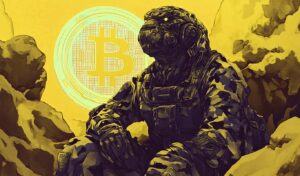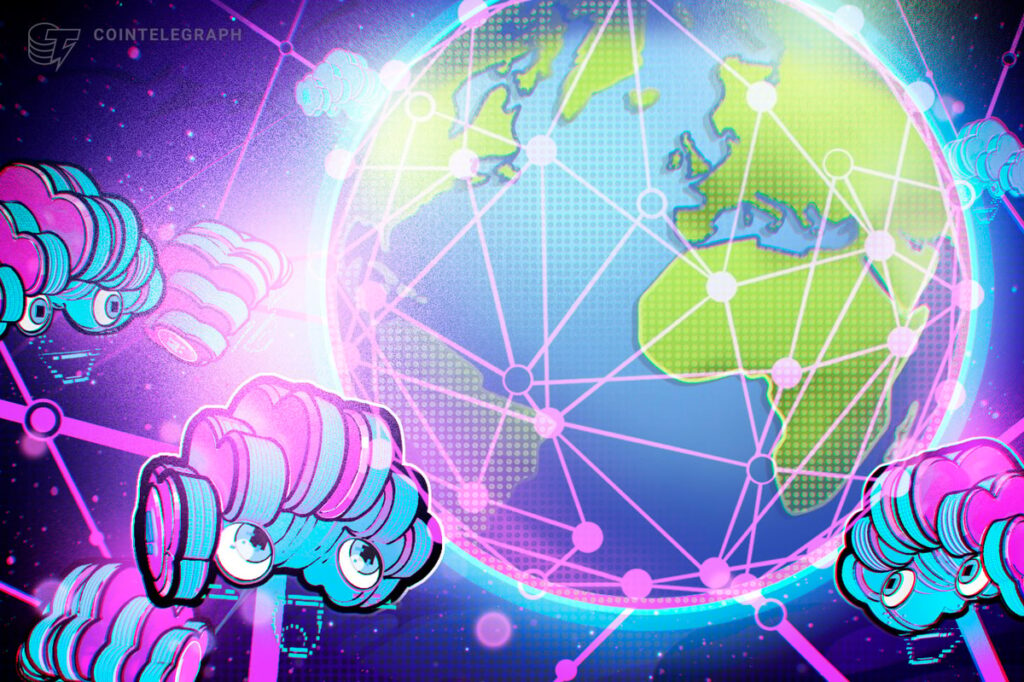Opinion by: Matt Wright, co-founder and chief executive officer of Gaia
In the mid-1400s, Gutenberg’s press removed the monopoly on written knowledge. Literacy expanded, institutions changed and the public finally gained access to ideas locked behind elite control.
Today, decentralized artificial intelligence (DeAI) triggers a similar shift by expanding access to intelligence and reshaping who gets to build with it.
The decentralization of AI challenges the prevailing structure of AI today. Most platforms operate as closed systems. Model weights are hidden, data pipelines are proprietary and decision-making happens behind APIs. That control has enabled a small number of companies to determine how intelligence evolves and who can use it.
DeAI reduces that dependency and changes how intelligence is created, governed and distributed.
The hidden costs of closed AI platforms
The closed nature of centralized AI systems creates bottlenecks as a result of limited access, which, in turn, leads to a narrow worldview. In documented cases, centralized technology has produced biased decisions, opaque outcomes and even wrongful arrests. These risks stem from centralized control over inputs, design and data.
Even the goals of central AI companies are evolving under pressure. In 2025, OpenAI scrapped plans to become a fully for-profit entity and restructured its commercial arm into a public benefit corporation controlled by its nonprofit parent. While the move signaled that public interest remains a priority, it also revealed how fragile that commitment can be when tied to corporate governance.
DeAI removes that dependency entirely. It embeds public benefit into the architecture by engineering it into how the system works.
DeAI is already transforming communities and markets
DeAI developers can run models locally, fine-tune them on regional data, and adapt them to specific constraints. The tools do not depend on bandwidth, commercial licenses or corporate approval. They operate where centralized tools often cannot.
Farmers in India use voice assistants trained in local dialects to plan crop cycles. In Sierra Leone, teachers use AI chatbots via low-data messaging apps to get real-time lesson support that’s more accurate and cost-effective than traditional web search. In rural Guatemala, midwives use an AI-powered smartphone application to monitor fetal health during home visits, enabling real-time assessments without internet access and improving maternal care in low-resource settings.
All of these projects are created by the human beings using them — people who have historically been left out of global tech development.
Building an AI agent is now easier than ever. Tutorials show how anyone can create functional AI agents without coding. For more technical users, platforms offer code-based and visual development tools. The barriers to entry are significantly low.
Related: Centralized AI threatens a democratic digital future
Businesses are also following suit. Retailers train small models on transaction data to improve logistics. Enterprises customize open-weight models for internal operations. According to DappRadar, decentralized AI applications are gaining market share quickly enough to potentially challenge DeFi and gaming in Web3.
DeAI is already reshaping how people work, learn and solve problems in their communities. With every implementation, intelligence becomes less abstract, more applicable, more situated and more local.
A new ideological divide in AI
The most common critique of DeAI is that decentralization leads to inconsistency or misinformation. These concerns are not new. When Gutenberg’s press appeared, critics warned of unverified texts and social disorder. The long-term result, however, was scientific progress, literacy and broader participation in public discourse.
Transparent systems support oversight. Open models can be inspected. Community norms can govern local implementations. Ethical controls can evolve in the open rather than being dictated by a single set of corporate values.
This divergence reflects a broader ideological split in the AI community. Dario Amodei, CEO of Anthropic, has championed a safety-focused, centralized approach as outlined in his essay, “Machines of Loving Grace.” He argues that responsible AGI requires tightly controlled development.
On the other hand, Ben Goertzel, founder of SingularityNET, has warned that centralized AGI development risks reinforcing the narrow worldviews of its creators. In a recent interview, he called for intelligence to emerge from global collaboration and local adaptation.
These positions influence incentives, risk models and global access. Centralized systems prioritize uniformity and control. Decentralized systems allow intelligence to evolve within diverse cultures, industries and use cases. That flexibility is already shaping new markets and new institutions.
DeAI revives the ethos of the original Renaissance
The next phase of AI will be defined by who gets to participate. The more intelligence moves into public hands, the more durable, adaptable and representative it becomes. Developers are moving away from closed APIs, public institutions are investing in sovereign infrastructure, and community-built models appear in places with limited reach of Big Tech tools. Intelligence is no longer built only for the world — it is built by it.
We are still early in this transition, and what comes next depends on what we build. That means investing in decentralized infrastructure, funding local projects and, above all, creating the tools to shape intelligence as accessible as the tools to read and write.
The first Renaissance expanded who could read. This one will expand who gets to think, compute and build — everywhere.
Opinion by: Matt Wright, co-founder and chief executive officer of Gaia.
This article is for general information purposes and is not intended to be and should not be taken as legal or investment advice. The views, thoughts, and opinions expressed here are the author’s alone and do not necessarily reflect or represent the views and opinions of Cointelegraph.
Read the full article here









